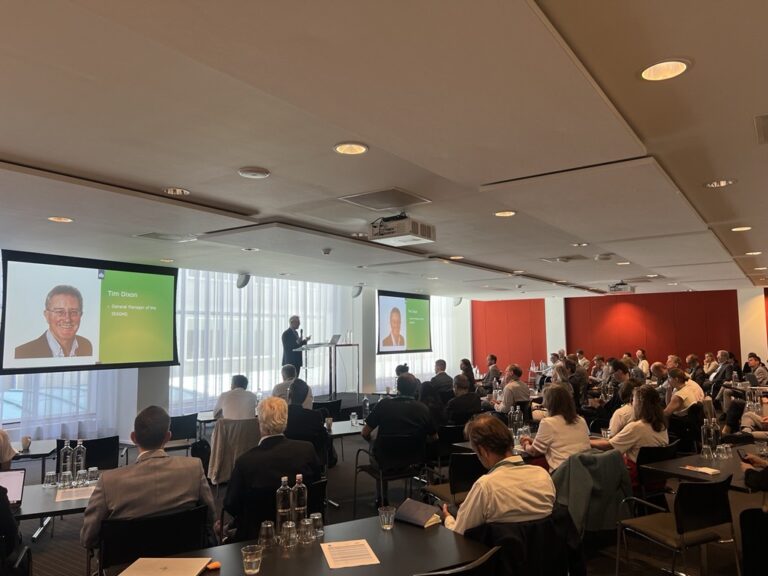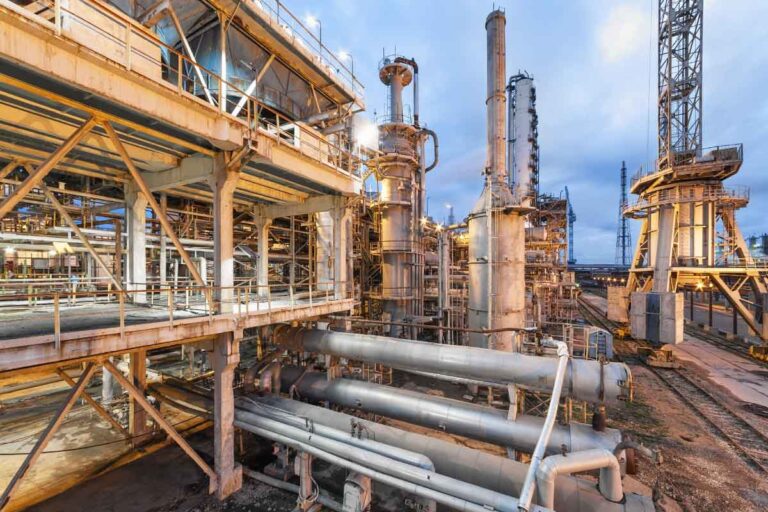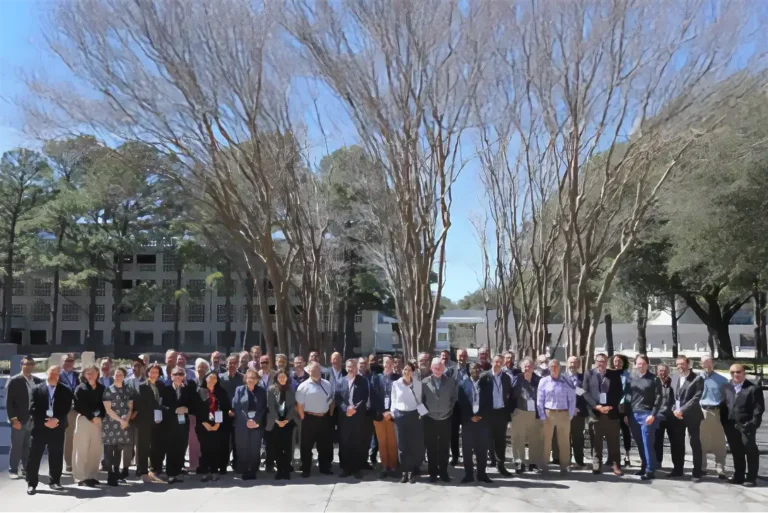
You Just Can’t win.
31 March 2016

It seems to be well documented scientific fact that the Artic is warming much more rapidly than the global average. See: http://www.carbonbrief.org/cuts-in-europes-air-pollution-have-boosted-arctic-warming.This is a phenomenon known as Arctic amplification. The main cause of the warming is considered to be the loss of sea ice in the region. As Arctic sea ice melts, energy from the sun that would have been reflected away is instead absorbed by the ocean.
A new piece of research blames the problem on Europe cutting air pollution and in particular sulphur dioxide emissions into the atmosphere. I personally recall the days of “Acid Rain” in the 70’s. The answer to this problem was to fit FGD onto power stations and produce low sulphur vehicle fuels. I think that cutting the health related issues and social costs for acid rain was a good thing. But we seem to have solved one problem but added to another in Europe at least.
The worry then becomes that, with all the pollution in Chinese cities from coal burning and cars we now observe, and the issues of smog across our oceans from burning high sulphur oils in ships should we tackle this problem? From a health perspective we must tackle the sulphur related pollution issues but will we then see higher ocean surface temperatures and high temperatures across the Asian land mass? This concern is highlighted in a new study published in Nature, See: http://www.nature.com/nature/journal/v531/n7594/full/nature17165.htmu. This study suggests China alone is responsible for 28% of the sulphate aerosols currently in the atmosphere 24% of nitrate aerosols and 14% of black carbon. As well as posing a growing public health crisis, sulphate aerosols have a strong cooling effect. Over the past few decades, this has been pulling in the opposite direction to rising CO2, methane and black carbon emissions, effectively muting China’s relative impact on global temperature. The implication is that if China follows the rest of the world in cutting sulphate aerosols in a bid to reduce air pollution, global temperatures could rise even faster in the coming decades since there would be less of a cooling effect to offset the warming from greenhouse gas emissions.
Other articles you might be interested in
Get the latest CCS news and insights
Get essential news and updates from the CCS sector and the IEAGHG by email.
Can’t find what you are looking for?
Whatever you would like to know, our dedicated team of experts is here to help you. Just drop us an email and we will get back to you as soon as we can.
Contact Us NowOther articles you might be interested in
Get the latest CCS news and insights
Get essential news and updates from the CCS sector and the IEAGHG by email.
Can't find what you are looking for?
Whatever you would like to know, our dedicated team of experts is here to help you. Just drop us an email and we will get back to you as soon as we can.
Contact Us Now









